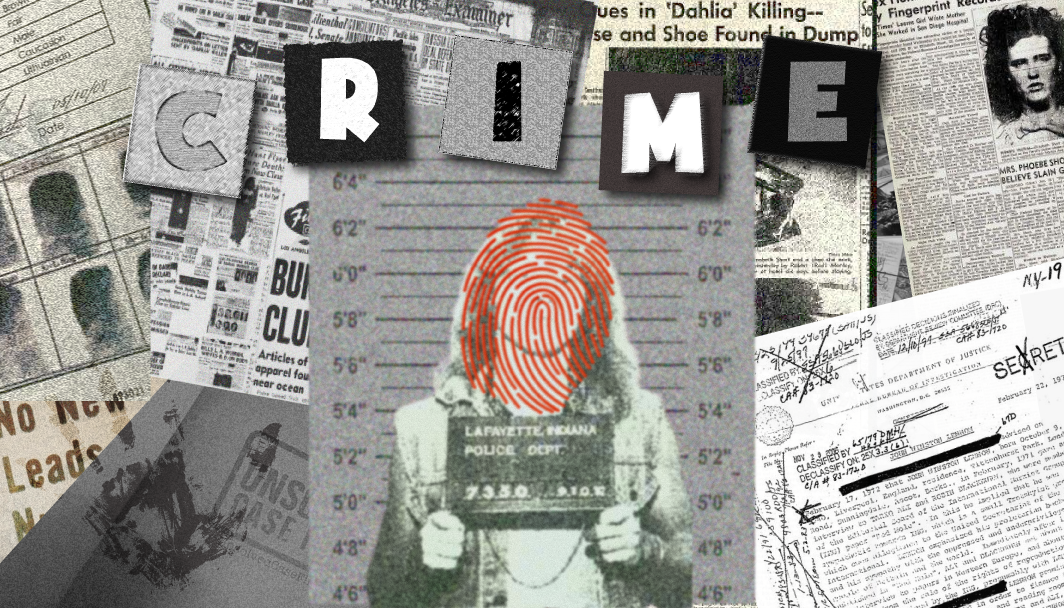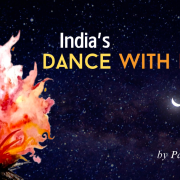True crime is a genre that is historically rooted, and its popularity is uncontested. The genre spans many mediums such as podcasts, YouTube videos, TV shows, films, and books. However, is there something inherently morally dubious about enjoying watching grisly crimes that at least attempt to mirror or re-interpret the real events that occurred? Although many may just write it off as pure entertainment, is there something deeper to the cathartic schadenfreude that people experience when watching true crime content?
An overwhelming amount of true crime depictions focus on victims who are particularly middle-upper-class white women who come from wealthy neighbourhoods where ‘nobody could imagine that such a thing could happen’. This filtering out of what is chosen for depiction reflects who we see as in need of attention and it could set the agenda for what crimes are seen to be more important. This is especially harmful considering that crimes towards minorities are significantly more likely to happen, yet end up being severely under-reported. It puts out the dangerous idea that these crimes are less worthy of our attention. There is a lack of awareness here, but this also extends to on-screen portrayals within the genre.
Ongoing or recent crimes are especially prone to be depicted in insensitive ways on screen. There are a lot of issues there especially when it comes to unearthing recent traumatic experiences for the families of victims of the crimes being depicted. Recently, a family member of one of the victims of Jeffrey Dahmer noted that his family was not asked for permission to have a very visceral representation of some very sensitive events in Netflix’s Dahmer. There is no legal necessity, but it reflects a severe lack of sensitivity. When content is monetised based on people’s real traumatic experiences, involving the families is at least a step in trying to counter the ethical conundrums that are bound to arise.
The problem of monetisation extends to many other platforms like podcasts and YouTube, where there is a large volume of true crime content that can be created by almost anyone with a microphone (and maybe a camera). Some could say that the crimes are maybe even trivialised by the way they seem to be presented with grotesquely insensitive mise-en-scène. For example, some videos accompany graphic descriptions of murders with a get-ready-with-me style. These videos can especially become an issue if the crime being reported is part of an ongoing case as it can cause interference with investigations and divert attention from the help that the families and the investigators need. Diverting attention from funds and support to the families is one of the biggest issues with true crime in general, even if it is not an ongoing case.
Women make up a large proportion of the audience of true crime. I think that is important to consider when approaching this subject. The reason why women enjoy true crime more may be for many reasons. An article by The Guardian points out that it could act as a source of catharsis for women who see these situations depicted on screen as possible ways to have their inner fears portrayed; perhaps even creating mental scripts for them. However, this does not mean the genre is absolved of criticism.
True crime is riddled with ethical ambiguity that’s practically embedded in it. As humans, we are interested in the darkness within individuals and what drives someone to commit heinous acts. Yet, this is not to say that all true crime is evil and should not exist. As mentioned by the same article referenced above in The Guardian, true crime can be used to bring light to cases that are often ignored by mainstream media. It can also be a collaborative process with the consent and inclusion of the family of the victims to try to ensure that the depictions can be as respectful as possible, and can maybe even provide support to those who need it. It can divert attention to funds that can actually help victims’ families. There is an opportunity here actually to depict these crimes in a way that doesn’t feel inherently exploitational; it is in this way true crime can really become a self-reflexive genre.
Writer: Mayra Nassef
Editor: Nimrat Kaur
Visuals: Grace Nguyen


